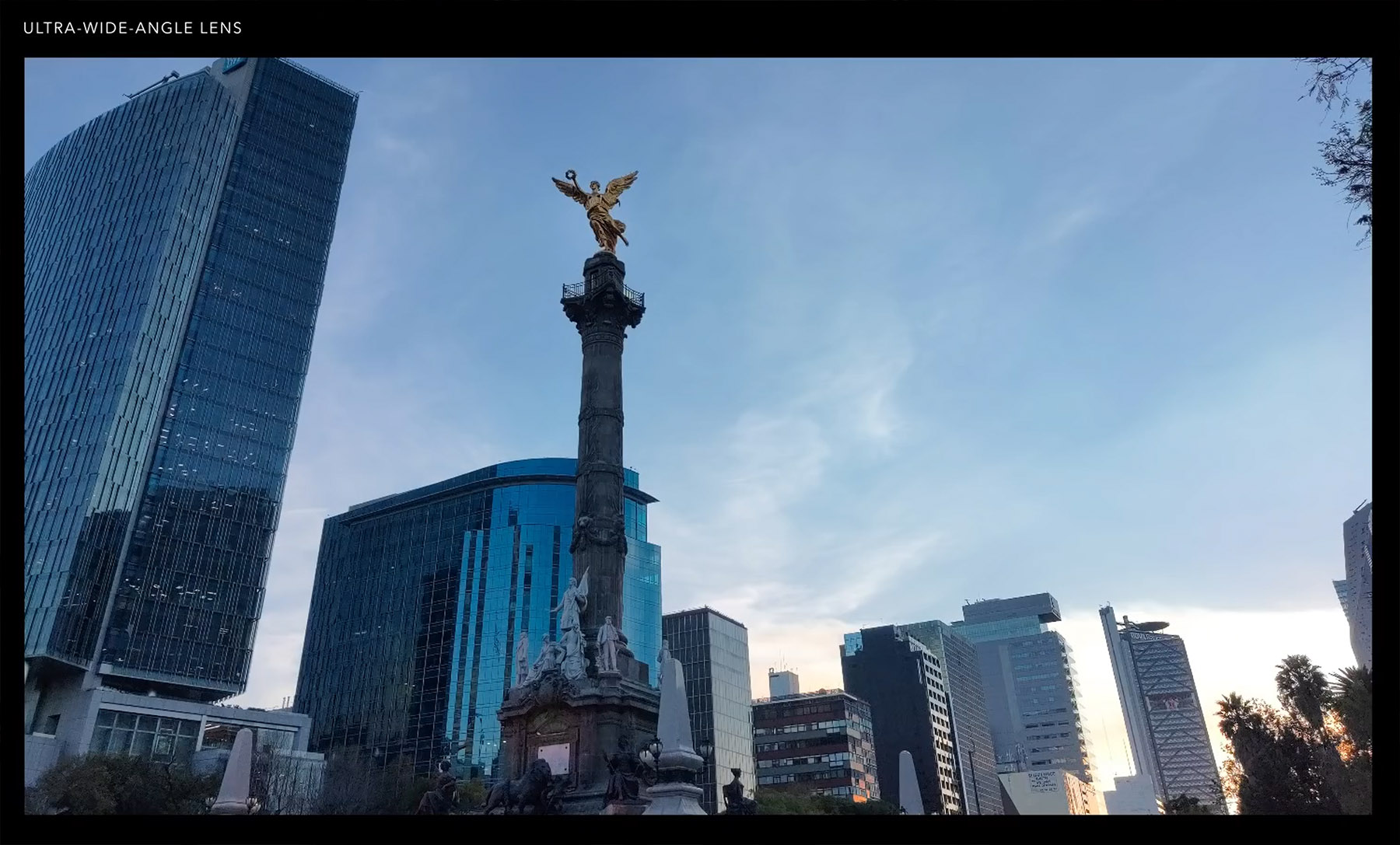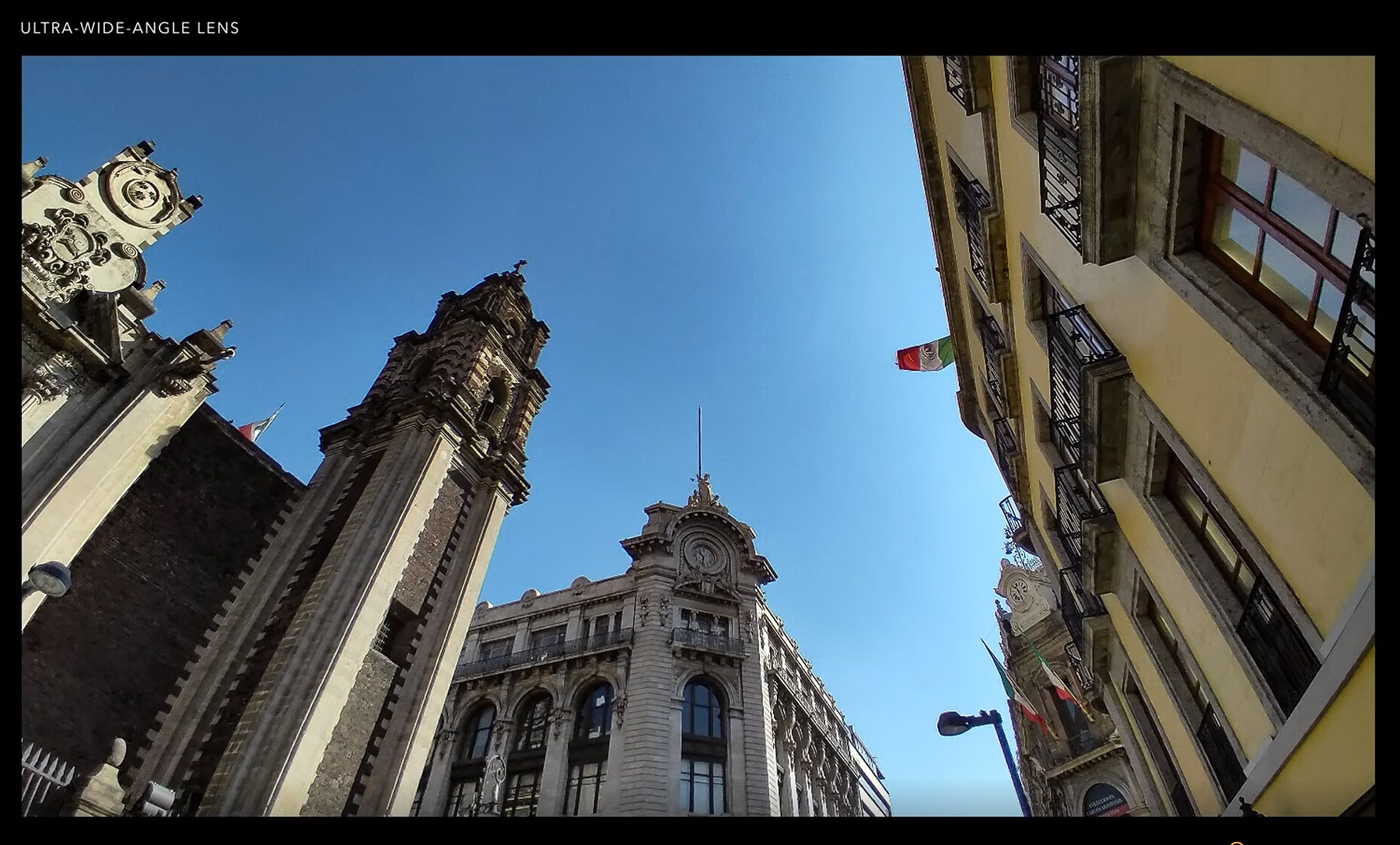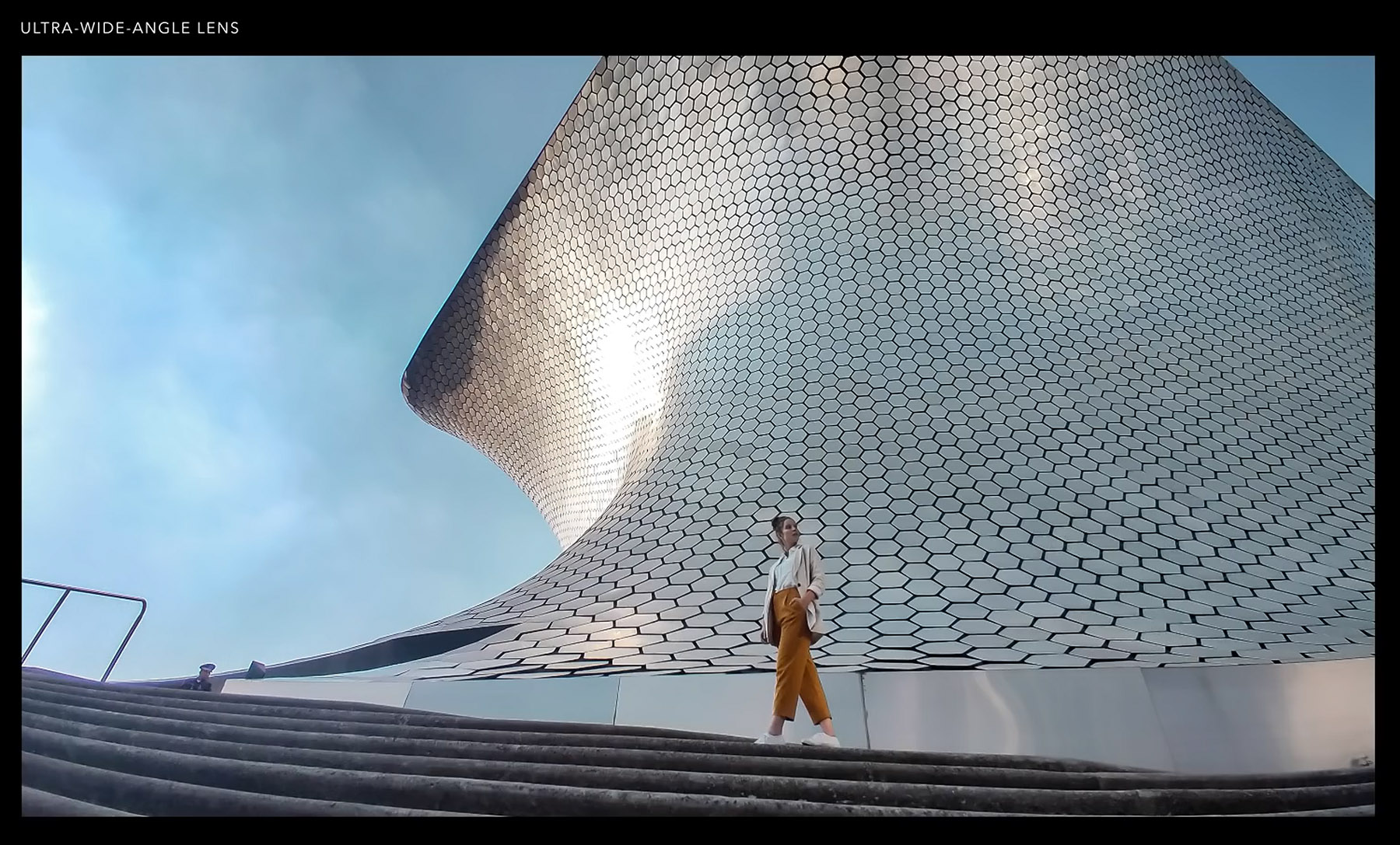Oppo’s big announcement for Mobile World Congress this year wasn’t a new smartphone, but a new camera system which delivers 10x zoom. This new triple camera setup was built in conjunction with Corephotonics (a company which was recently sold to Samsung), featuring an ultra-wide, standard and zoom lens which effectively delivers 10x zoom ranging between 16mm and 160mm.
While it’s pretty easy to achieve 10x zoom on a standard point and shoot camera or with a zoom lens for a DSLR, this is much harder to be with a smartphone since the lens needed to achieve this level of zoom would need to be 15MM thick on its own (not counting the sensor and the space between the sensor and the lens). Rather than just sticking the sensor and lens on the back of a phone and delivering an ultra-thick device, Oppo has developed a periscope style setup with an optically stabilized prism which refracts the light into the sensor. Oppo says that it has improved the optical image stabilization mechanism by 73% compared to its 5x zoom sensor/lens setup which it has shown off previously. Due to the unique prism setup, Oppo was also able to reduce the side of the lenses and bring the entire module thickness down to just 6.5mm.
We’ve typically preferred devices with ultra-wide angle lenses than those which offer a secondary sensor which is paired with a 2x zoom lens, but devices which offer all three (like the new Galaxy S10 and Huawei Mate 20 Pro), a much better in our books. And Oppos new 10x lossless zoom module take things even further. We’re waiting to get our hands on the prototype device to test things out for ourselves, but the sample images Oppo’s been sharing are absolutely phenomenal. Oppo’s first smartphone featuring the new 10x zoom camera module will hit the market in Q2 of this year.
It’s been five years since HTC introduced the world to multi-sensor smartphone cameras with the HTC One M8. The technology has slowly evolved from a gimmick to a “must-have” feature on high-end smartphones. It’ll be interesting to see where things stand another five years down the road.



















Comments